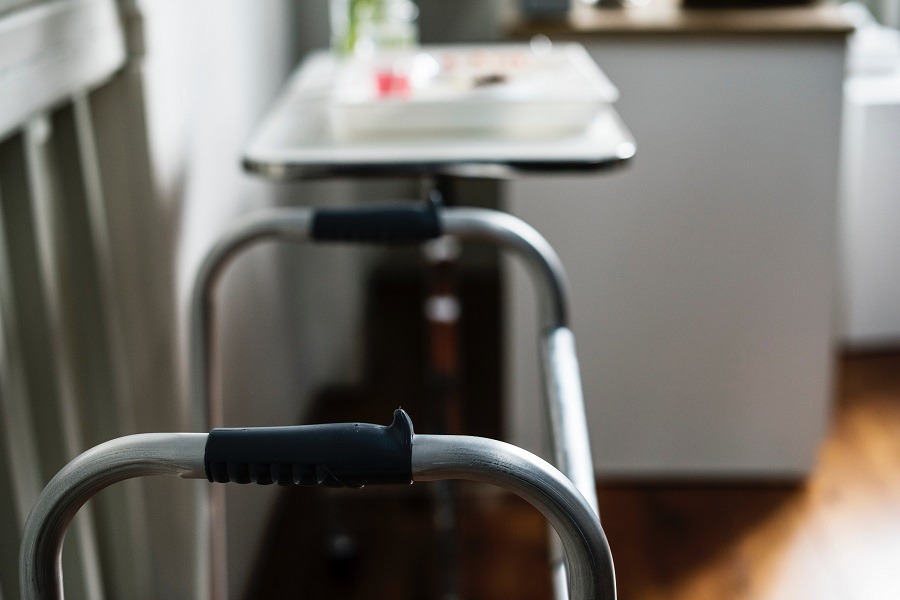Caring for Yourself in the Last Days and Hours of Caregiving

If your loved one is at the end stage of an illness and your caregiving journey is coming to an end, you’ll likely deal with a range of conflicting emotions. Palliative caregivers often move between grief, sorrow, anger and fear to relief, comfort and guilt as their caring role is ending.
While expected and normal, the up and down of these emotions can weigh on you physically and emotionally. It may seem strange to make yourself a priority during this difficult time, but it’s crucial to prepare for these emotions and take steps to address your own needs during your loss.
End-of-Life Emotions
While everyone’s experience of death and grief is different, there are some common emotions you may struggle with during your loved one’s final moments:
- Grief: Even though your grieving process likely began long ago, when death is close, grief can feel conflicted. You may have moments where you are ready for your loved one to die, and then just as quickly feel overwhelmed by the need to get more time together.
- Guilt: You may dwell on the things you didn’t do, the way you treated your loved one when they were healthy or how you could have made different choices. Try to focus on the moment, without dismissing these difficult feelings.
- Anger: It is normal to feel angry at everyone, including yourself, while you are losing someone you love. This includes feeling upset with family and friends for their lack of support, health care providers for their decisions, or even the person dying for getting sick.
- Peace: Particularly after a long road or a difficult battle, caregivers are surprised by feelings of peace and relief. You could feel ready for their pain to end, find comfort in the care you have given, reflect fondly on the full life they lead, or find humour in this journey.
While these emotions are all very common, a counsellor or spiritual leader can help you manage the grief, regret and anger you are experiencing and find more peace in their passing.
Taking Care of You
Even if you’ve been caring for a loved one for months or years, the end-of-life process can feel so surprising and sudden. While it’s never easy, being kind to yourself can help make the transition a little more peaceful. Keep these self-care tips in mind during the final days and hours:
- Try to get some rest, eat regularly and stay hydrated.
- Have a hot bath or shower, go for walk, meditate or pray to get some time away from the bedside.
- Participate in any personal, spiritual or cultural traditions that give you comfort.
- Make the last moments beautiful with candles, music, conversation and laughter.
- Surround yourself with supportive family and friends.
- Don’t be afraid to ask for privacy.
- Accept help from the health team, family and loved ones.
- Talk to health professionals about your fears and concerns.
- If you are struggling to cope with your grief, ask for a referral to a support or counselling program.
- Avoid alcohol and non-essential medication, which can make your ability to cope worse.
You will need to take care of yourself in the hours, days and weeks ahead. Beyond struggling with your own grief, you may feel lost, angry or depressed after your caregiving role comes to an end. Prioritize your physical and emotional health, reach out to family and friends for support and connect with professional mental health support.
If you enjoyed this article, you may also like to read:
